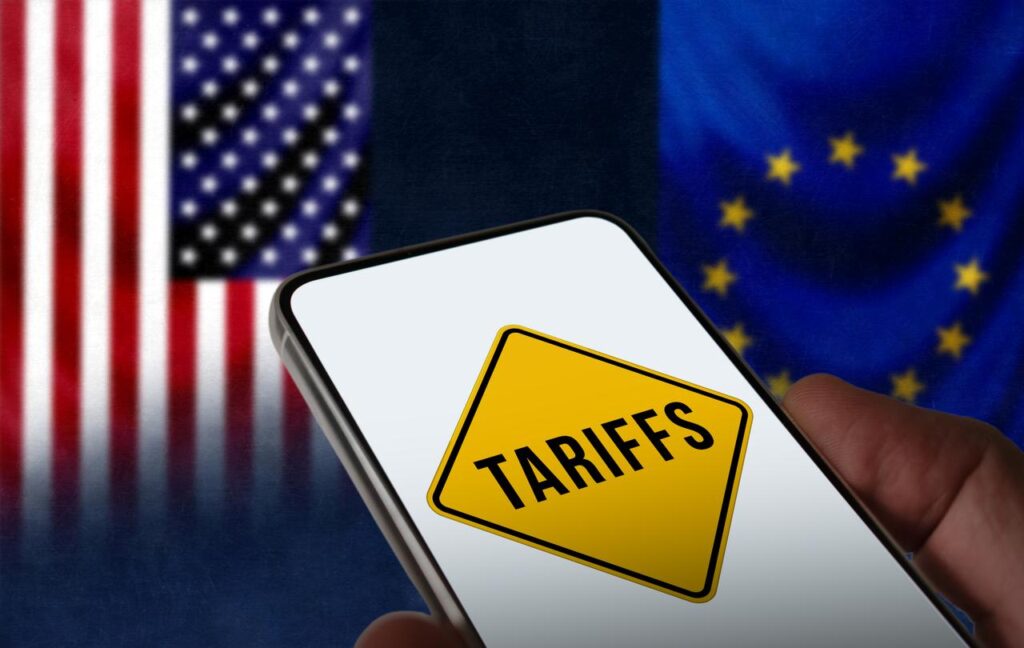A New Chapter in UK–US Trade
Following months of uncertainty and tariff fluctuations, the US–UK Economic Prosperity Deal—signed on 8 May 2025—ushers in a significant recalibration of trade terms. For UK exporters, the implications are complex but potentially advantageous, especially for those ready to act decisively on customs clearance strategy and compliance.
This new agreement builds on earlier developments, including the temporary tariff freeze announced by President Trump in April. For a refresher on how previous tariffs impacted UK trade, read our earlier article: 🔗 Navigating U.S. Tariffs as a UK Exporter
What Exporters Need to Know
What’s in the Deal for UK Exporters?
- Automotive Exports: Tariffs on UK cars to the U.S. reduced from 27.5% to 10%, capped at 100,000 vehicles annually.
- Metals: 25% U.S. tariffs on UK steel and aluminium exports removed.
- Pharmaceuticals & Consumer Goods: Still subject to a baseline 10% tariff.
- Agriculture: Expanded quotas and reduced duties for UK beef; mutual market access for select products.
Customs Clearance Reform: A Game-Changer
- Streamlined Customs Procedures: Transition to digital pre-clearance and standardised documentation.
- Trusted Trader Alignment: Steps toward mutual recognition of AEO (UK) and C-TPAT (US).
- Faster Processing: For businesses with compliant documentation and certified programs.
Key Takeaways for UK Exporters
- Reassess product classifications to avoid overpaying tariffs.
- Monitor usage of export quotas (e.g., cars and beef).
- Digitise customs documentation for speed and accuracy.
- Consider AEO certification for future customs advantages.
- Stay ahead of updates in U.S. import regulations.
What Importers Need to Know
Impacts on UK Importers from the Deal
- Lower Tariffs on U.S. Goods: UK reduces average tariffs on over 2,500 U.S. products from 5.1% to 1.8%.
- Examples of Impacted Goods: Ethanol (now duty-free up to 1.4 billion litres), beef, aerospace parts, machinery, and chemicals.
- Simplified Customs Processes: Quicker and cheaper clearance for compliant U.S. imports.
- Regulatory Safeguards Remain: UK food safety standards still apply, particularly in agriculture.
Key Takeaways for UK Importers
- Review tariff codes for U.S. products—many have become cheaper.
- Take advantage of new duty-free quotas where available.
- Align customs documentation with upcoming procedural changes.
- Monitor changes in compliance for U.S.-sourced goods.
- Use a digital customs partner to reduce delays and costs.
Prepare for the Future of Trade
The 2025 US–UK deal is just the beginning. Additional negotiations are expected around digital trade, pharmaceuticals, and deeper customs cooperation.
Let Gerlach Customs be your trusted advisor in navigating this evolving landscape—ensuring that your goods move swiftly, legally, and cost-effectively.
Contact us today for a personalized customs consultation.













